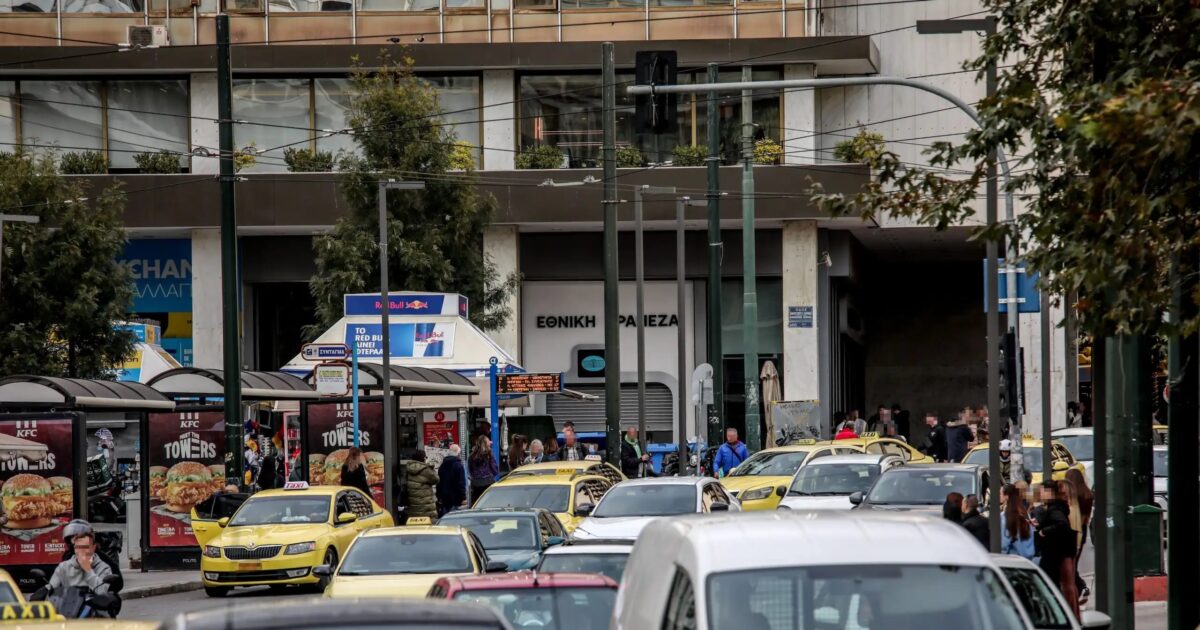In complete activation it is set by the Independent Public Revenue Authority (AADE) an expanded control system to detect vehicle circulating without meeting basic obligations.
The target of AADE is entering vehicles that do not meet liabilities such as insurance, periodic technical inspection (KTEO), payment of traffic charges or immobility declaration. In fact, the offenders found are threatened with very high fines that can reach even 30,000 euros.
The first phase of business planning begins immediately and concerns the owners who have not paid the traffic charges or have declared their vehicle to immobilization regime, but they seem to be violated. The second phase will be implemented in the summer and will concern the complete cross -checking data to identify uninsured vehicles and vehicles that have not passed KTEO.
Combination of Technology and on -the -spot checks
The new process is based on an extensive electronic intersection system that utilizes information from different public databases, such as AADE, the General Secretariat for Information Systems, the Ministry of Infrastructure and Transport and Traffic. The aim is to automatically identify all violations, impose administrative fines and send alerts to vehicle owners.
Especially for vehicles in a statement of immobilization, the toll cameras are activated for the first time. Companies that manage the tolls are obliged to send each week to the Directorate -General for E -Government (DGLD) Cryptable data with traffic numbers, dates and unique passage numbers.
The data are intersected with the register of immobilized vehicles and, if it turns out that a vehicle is being circulated illegally, the owner’s alert process begins, with a photo of the plate and the full transit details. The owner has 10 days to provide explanations – either in person, through the MyCar platform or by email.
Strict fines and removal of plates
If the owner does not respond or prove that this is a mistake, a fine of EUR 10,000 is imposed, to which the twice as much traffic is added. In case of relapse, the fine is tripled and is € 30,000, with the driver’s driver’s license for three years.
In addition to the electronic audits, customs authorities and AADE auditors, on -the -spot visits to points where parked vehicles have been declared immobilized vehicles. If the vehicle is not identified at the point, the immobilization is automatically abolished and the corresponding administrative fines are imposed.
Crossings for uninsured and KTEO from summer
In the summer, the new platform will be implemented that will intersect for uninsured vehicles and vehicles that have not passed KTEO. The procedure will be repeated twice a year through automated controls.
Penalties for offenders are strict:
- Uninsured vehicles: fines of 250 euros for scooters, 500 euros for passenger, and up to € 1,000 for buses and public trucks. If a debt of more than one year is due, a fine is imposed equal to fees, now the debt.
- Non -conducting KTEO: fine of 400 euros.
In case of relapse, the fines are doubled, while the plates and the vehicle registration are deducted. These are refunded only by presenting the necessary documents (insurance contract, technical audit or proof of payment of fees), as well as the repayment of fines.
Second compliance check
The law provides that three months after the first notice was sent, a second electronic audit is mandatory to determine if the owner has complied. If the infringement continues to exist, the case is promoted to the police authority of the place of residence of the owner, which proceeds with the immediate removal of signs and registration and shall forward them to the relevant Transport Directorate.
Extensive Network
This overall effort by AADE is one of the most extensive interventions to combat tax evasion and violations in the vehicle sector. The new system fully utilizes the digital tools of public administration and combines technology, on -the -spot control and interoperability of databases.
The rigorous imposition of the legislation aims to enhance transparency, equity and – in particular – road safety, as well as to ensure public revenue related to vehicles.
Source: RES-EIA
